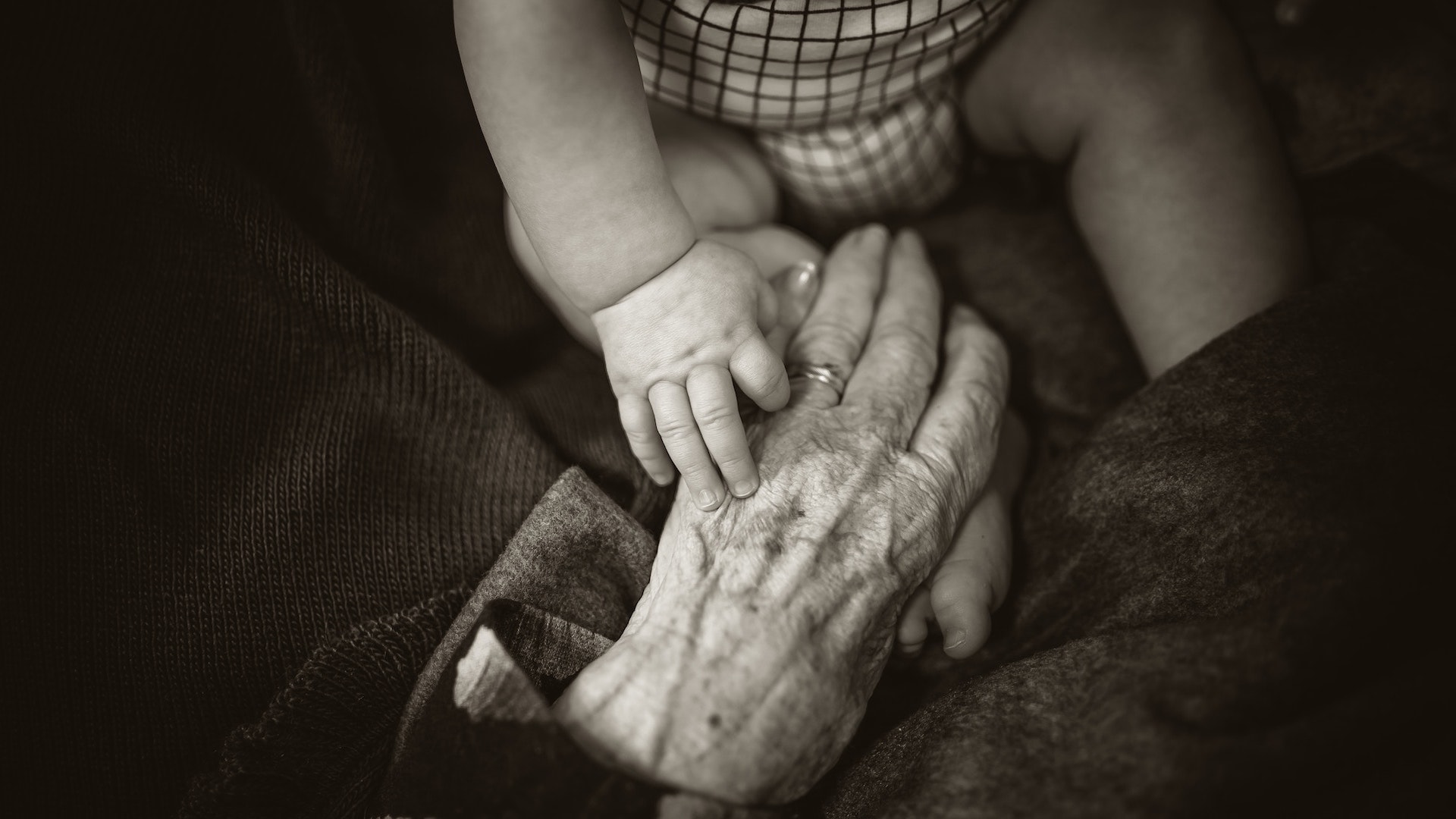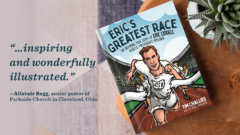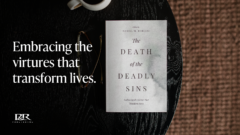It has been a blessing to hear from friends and family across America whose churches are beginning to meet again after the period of forced separation. It has been fascinating (though a little strange) to see photographs of the spaced-out seating, the masks, the deliberate distancing, the omnipresent bottles of hand sanitizer. While I expect it will be some time before we gain the privilege in Ontario, I look forward to the day when we, too, can once again worship together as a congregation.
Confident that the day will eventually come, the elders of Grace Fellowship Church have begun to draw up plans. Because we don’t know what the specific criteria will be (e.g. no more than 50 people, no more than one-third capacity, etc) we have put together various contingencies. We weren’t far into the planning when we realized the temptation to make plans that were premised upon youth and health—plans that did not account for those who are at the highest risk for COVID-19. We could default to messaging like, “If you are elderly or high-risk, please stay home for the time being.” And while that might be the safe play, isn’t church meant to be the place that deliberately and specifically welcomes the weak? Shouldn’t the most vulnerable factor most prominently in our planning? Doesn’t the Bible command such deference? “You shall stand up before the gray head and honor the face of an old man, and you shall fear your God: I am the LORD” (Leviticus 19:32).
A recent article by James Jeffrey demonstrates how the messaging around a return to normalcy tends to divide young from old and healthy from infirm. “A common theme among the various proposed lockdown easing programs, including the government’s Guidelines for Opening Up America Again, is that vulnerable people should remain socially distanced while the young and healthy resume their normal lives. ‘We already place such a premium on youth and vigor in society, and this forced artificial distinction between the old and infirm and the young and heathy probably will hit some folks very hard,’ says Stuart Wolf associate chair for Clinical Integration and Operations at Dell Medical School in Austin, Texas.” How much harder if they must continue to remain apart from the local church?
Instead of assuming the weak should not factor into our plans, we are asking how they might factor first in our plans.
It has always been important to the elders of Grace Fellowship Church that our church represent the safest place for the weakest people. Though we’ve most commonly thought of safety and weakness in spiritual categories, that has been a privilege we’ve enjoyed by living in so safe a setting. But now this pandemic has provided us the opportunity to think of it in the category of health. For that reason we’ve begun to prioritize this question: How can we welcome the weak? Instead of assuming the weak should not factor into our plans, we are asking how they might factor first in our plans.
Of course it is possible that having our oldest and weakest members attend the gatherings of the church will prove too risky for them. It may go against the advice or even the mandates of local health authorities. And it may be that the oldest and weakest will want to continue to stay home for at least a while—an understandable decision that we will gladly honor. Yet we are still committed to doing all we can to draw up plans that will at least give them every opportunity to be part of our services should that be their wish.
What might this involve? Certainly it will involve finding ways we can “stand up before the gray head and honor the face of an old man.” This may require prioritizing their concerns ahead of the concerns of those who are younger and healthier. It may require emphasizing the measures that make them feel most comfortable. It may require asking and expecting the strongest to willingly lay aside their preferences out of love for the weakest. If Paul expected the strong-conscienced Roman Christians to set aside meat out of love for their weak-conscienced brothers and sisters, surely we can ask our strong-bodied members to adopt a few temporary habits out of love for their weak-bodied brothers and sisters (Romans 14:1-15:7).
The fact of the matter is, Grace Fellowship Church won’t truly be Grace Fellowship Church if none of our older and more vulnerable members are able to attend. We would feel their absence and lament their loss. For this reason we will do whatever we can for their sake. Welcoming the weak will certainly require “in humility counting others more significant than ourselves” and “looking out not for our own interests but the interests of others” (Philippians 2:3). But we are convinced the gospel gives every Christian the categories needed to think about this well and the renewed heart to do it willingly. We often remind ourselves that “the parts of the body that seem to be weaker are indispensable” (1 Corinthians 12:22). We long to prove this and hope we are able to demonstrate this in the days to come.










